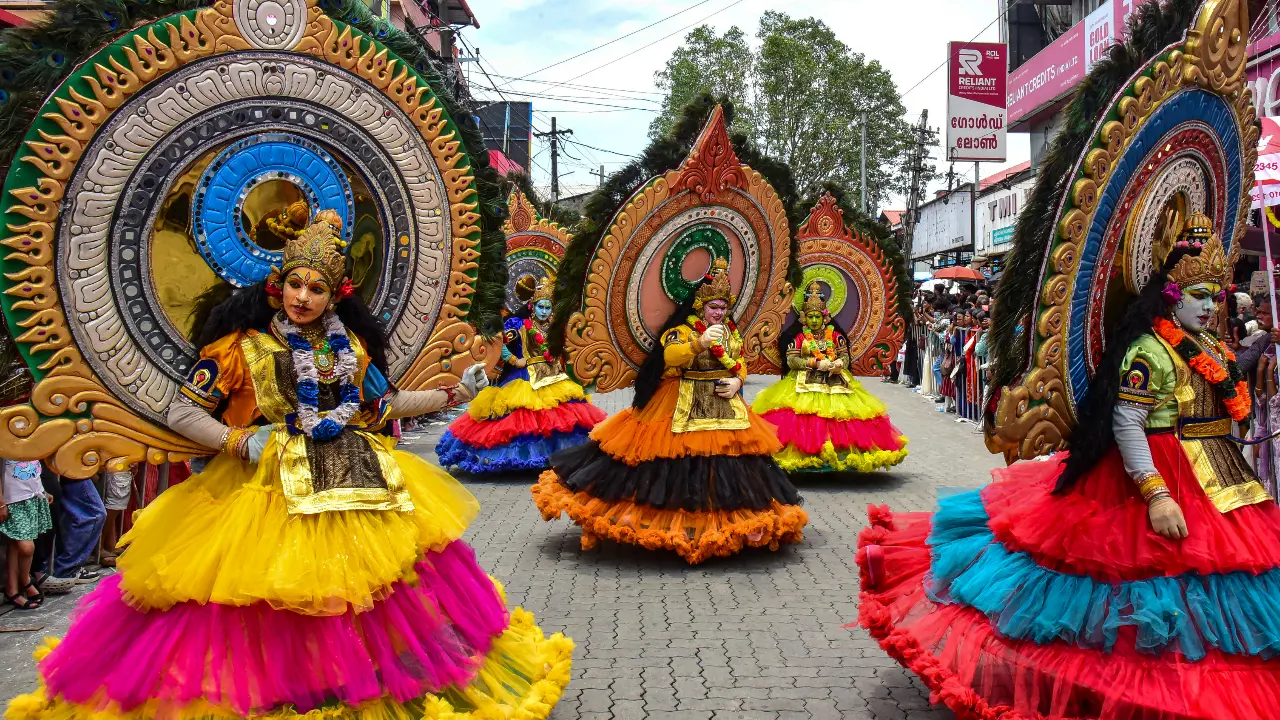A recent study sheds light on the burgeoning trend among Indian travelers, revealing a significant preference for cultural experiences during their journeys. With a remarkable 82% indicating an inclination toward destinations enriched with cultural offerings, this phenomenon is reshaping the landscape of tourism in India.
The Rising Demand for Cultural Tourism
The quest for meaningful connections with a destination’s heritage and traditions is becoming central to travel decisions. Younger generations, particularly millennials and Gen Z, show a pronounced interest: 84% of millennials and 80% of Gen Z travelers prioritize cultural engagements, according to a report by travel platform Skyscanner. This shift reflects a broader trend where travel is not merely about leisure but also about learning and engaging with diverse cultures.
Interestingly, the findings indicate that 39% of travelers deem a trip successful when they return with new knowledge about the local customs and people. The journey transforms into a rich tapestry woven with distinct experiences rather than a string of tourist checkpoints.
Festivals as Cultural Highlights
Festivals play a vital role in boosting cultural tourism in India. With about 76% of travelers adjusting their plans to attend local festivities, these events are no longer mere sideline activities but pivotal in defining travel itineraries. Notably, 55% of Indian travelers have actively participated in cultural events and fairs during their trips.
Certain festivals stand out as major attractions, such as:
| Festival | Popularity (%) |
|---|---|
| Durga Puja in Kolkata | 53% |
| Lathmar Holi in Barsana | 51% |
| Onam in Kerala | 35% |
These celebrations encapsulate the vibrant essence of Indian culture, drawing not only local attendees but also attracting international attention.
Heritage Sites Draw Interest
In tandem with festivals, there is a growing attraction towards heritage sites that resonate with cultural significance. Approximately 53% of travelers express interest in historical cities like Jaipur and Varanasi, while 39% are motivated to explore UNESCO World Heritage Sites such as the Taj Mahal in Agra and Hampi in Karnataka. Places like Kerala and Rajasthan have emerged as cultural capitals, celebrated for their architectural grandeur and rich heritage, captivating the imagination of both Indian and international visitors.
Curiosity Towards Underrated Destinations
The desire to uncover the hidden gems of India’s vast cultural landscape is palpable. An astounding 93% of survey respondents express eagerness to discover lesser-known destinations that authentically preserve local traditions. This appetite for “off the beaten path” experiences emphasizes a significant shift toward exploring deeper cultural narratives rather than confined tourist spots.
Neel Ghose, a travel trends and destinations expert at Skyscanner, highlights the emergence of the ‘culture-curious traveler.’ This new archetype seeks knowledge and connection, transforming travel from fleeting experiences to profound explorations that enrich personal narratives and broaden cultural understanding.
Historical Context of Cultural Tourism in India
The intersection of tourism and culture has deep roots in India’s past. From ancient pilgrimages to the European Grand Tours of the 18th century, the journey to experience and understand diverse cultures has long been embedded in travel. Today’s travelers are keener than ever to participate in immersive experiences that showcase local customs and traditions.
As globalization permeates all facets of life, Indian travelers engage more profoundly with their heritage and the cultures they visit. This shift is likely prompted by a growing awareness of cultural heritage, with the aim of fostering connection and comprehension beyond mere sightseeing.
The Future of Cultural Tourism
Given the enthusiasm for cultural experiences, the future of tourism in India appears to be oriented towards sustainable, community-focused practices. Tour operators are increasingly recognizing the necessity of highlighting authentic experiences that immerse travelers in local cultural practices while benefiting host communities.
Moreover, this focus on cultural tourism could lead to more innovative travel solutions, such as curated itineraries that promote engagement with local artisans, guided tours around historical narratives, and culinary experiences that celebrate regional flavors. These approaches not only enhance the travel experience but also contribute to preserving and promoting cultural heritage.
結論
The evolving landscape of Indian travel showcases a compelling trend: the growing appetite for cultural experiences drives the choices of modern travelers. As a result, cultural festivals, heritage sites, and eclectic lesser-known locales become increasingly central in travel itineraries. This shift may radically influence how tourism evolves, indicating a deeper quest for connection and knowledge in the age of exploration. For those seeking to immerse themselves in unique cultural experiences while chartering their adventures, ゲットボート・ドットコム serves as a valuable resource for finding the perfect sailing boat or yacht rental that caters to every taste and budget.

 82% of Indian Travelers Seek Cultural Experiences">
82% of Indian Travelers Seek Cultural Experiences">
